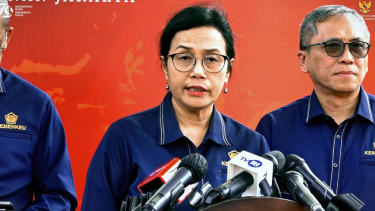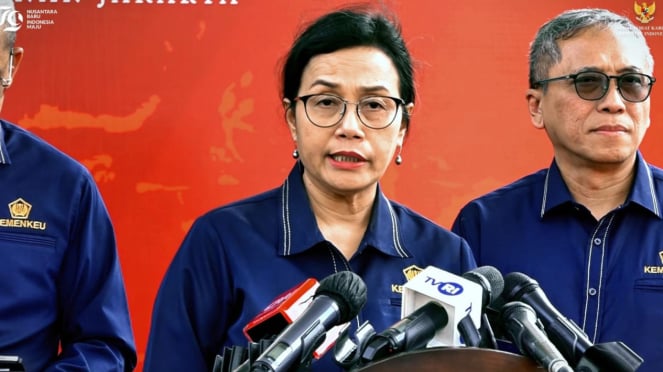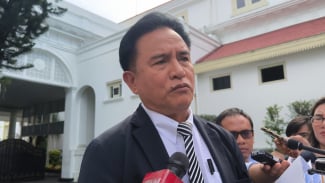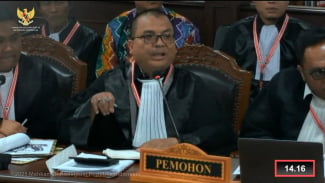Indonesia Plans to Implement New Core Tax System
Jakarta, VIVA – The Indonesian government is preparing a Core Tax System to modernize tax services. This initiative is driven by the increasing number of taxpayers and the volume of documents that need to be processed by the tax system.
Finance Minister Sri Mulyani reported on the implementation of the Core Tax Administration System or the Renewal of the Core Tax Administration System (PSIAP).
"Earlier, the President issued Presidential Regulation Number 40 of 2018 for the Development of the Core Tax System so that the Directorate General of Taxes can continue to enhance its IT capabilities and more reliable data," Minister Mulyani said in a statement on Wednesday (July 31).
The minister highlighted that the implementation of the core tax system is driven by the increasing number of taxpayers and the volume of documents that need to be processed by the tax system.
"This aligns with the growing challenges, where our number of taxpayers has increased from 33 million to 70 million, and the number of documents that need to be processed by our tax system has also increased, such as our e-invoices, which have risen from 350 million documents to 776 million documents," she explained.
Menteri Keuangan, Sri Mulyani Indrawati
- VIVA.co.id/Anisa Aulia
Minister Mulyani emphasized the importance of developing the IT system and database in taxation.
"Since 2018, we have started designing changes to this tax system by adopting the Commercial off The Shelf (COTS) System, which has been used by various countries to build a good tax system," she remarked.
The core tax system will enhance the automation and digitalization of all tax administration services, allowing taxpayers to access self-service features and automatic tax return submissions. This will increase transparency in taxpayer accounts.
"Taxpayers can see a 360-degree review of all their tax information. Services will become faster, more accurate, real-time, and law enforcement oversight will also be more accurate and fair," the minister emphasized.
Additionally, the Directorate General of Taxes will have more credible data, an integrated network, and the ability to make decisions based on knowledge and data.
This will lead to better and easier taxpayer compliance, which is expected to increase the tax ratio for state revenue.
"Currently, we have conducted various trials with 21 business process modules that have changed with the cluster scope covering services and data collection, data analytics, supervision and law enforcement, as well as the support system," Minister Mulyani concluded.
































